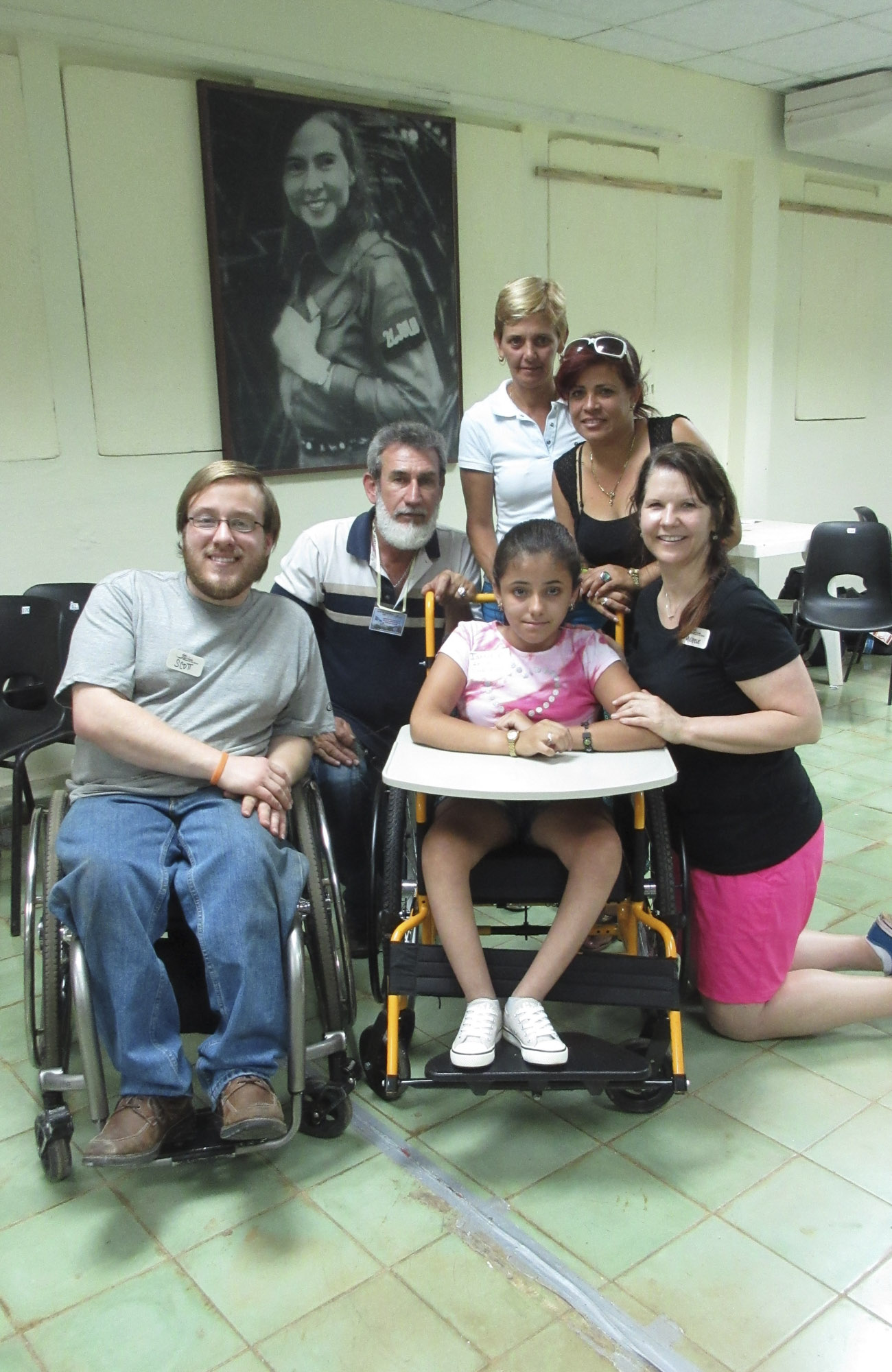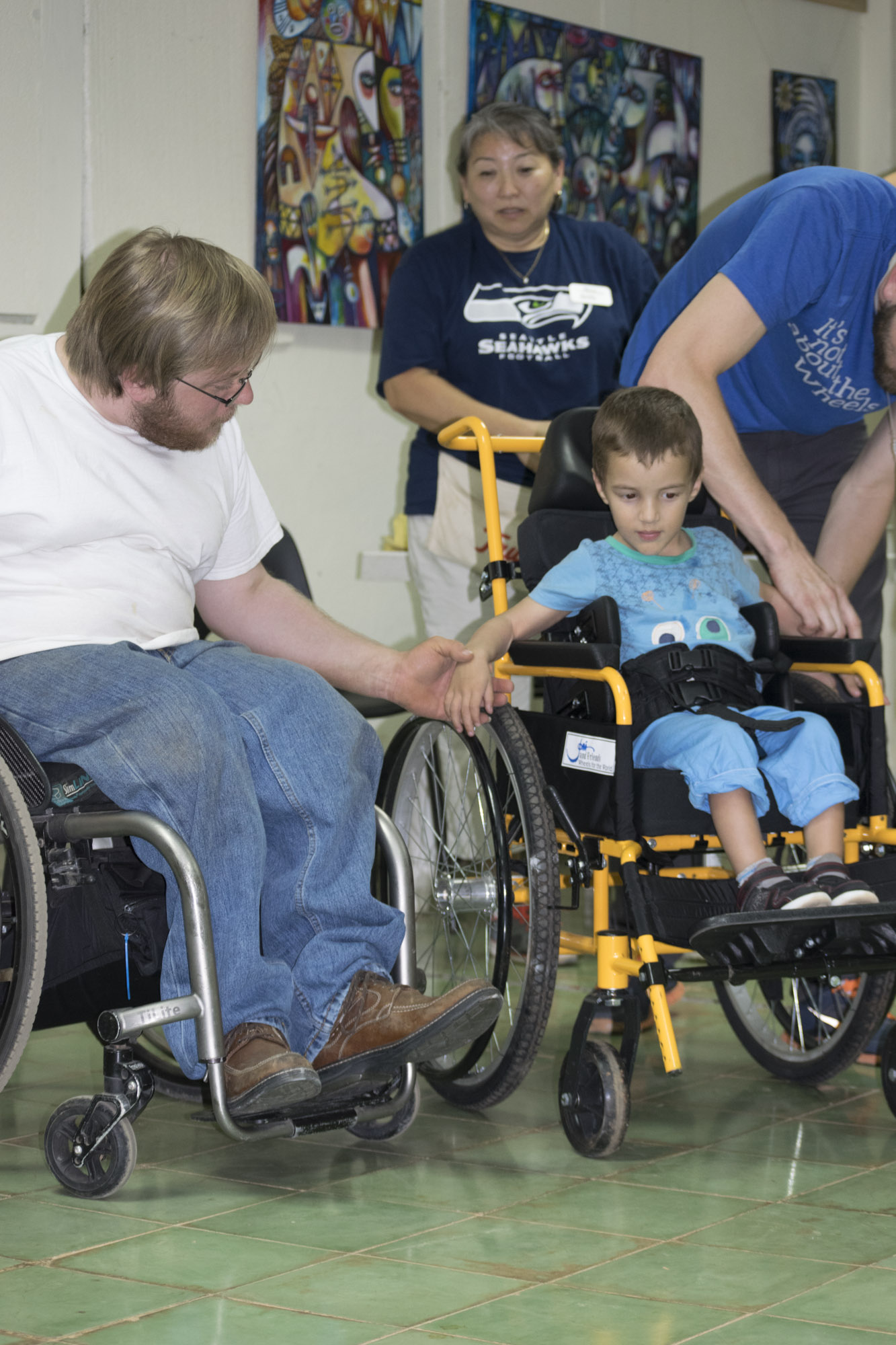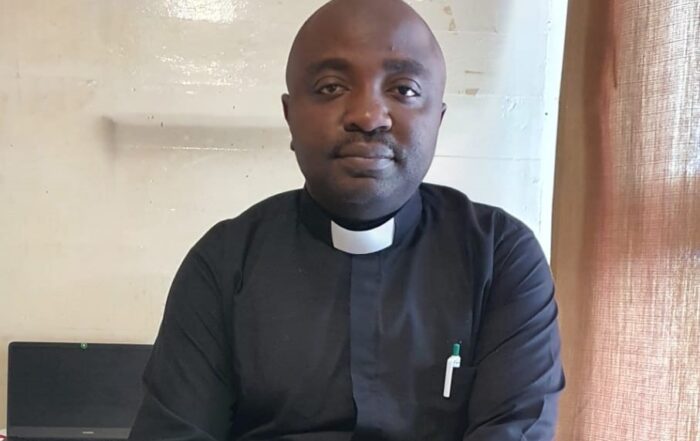A Condescending Gospel

“Anyone who wants to be first must be the very last, and the servant of all.”
Mark 9:35 (NIV)
If the idea of ministering to people with disabilities has ever made you uncomfortable, let me be the first to give a hearty “amen.” If you could see me, that “amen” might sound pretty strange. I was born with a condition that, among other things, has caused me to use a wheelchair.
I grew up in a small Texas town and was the only person I knew who was disabled in any visibly obvious way. That all changed when, as a seminary student, I took on an internship that involved ministering to young adults with intellectual disabilities.
As someone with a purely physical disability, I found that I related most naturally to people on an intellectual level. The idea of forming relationships with people who thought, talked, and expressed themselves in ways that did not always involve words was foreign and, if I’m being honest, a little scary.
Despite being “disabled” myself, I was out of my element.
Each day of my internship I learned something new about the incredible beauty of God’s compassionate love and the simplicity of the Gospel. I was constantly reminded of the power found in coming to someone else on their own terms.
In contrast to the academic rigors of seminary, I was sweetly reminded of my Savior’s words in Mark 9:35 (NIV), “Anyone who wants to be first must be the very last, and the servant of all.”
But my understanding wasn’t complete. While learning to adapt my style of relating and communicating with those with intellectual disabilities, I came to realize how much my own heart recoiled in revulsion at the thought of anyone adapting to me as a wheelchair user. I saw any act of relating to me differently as condescending.
Let me explain.
While I was attending a disability etiquette training, the trainer told the able-bodied people in the room to lower themselves to the same level as a wheelchair user when conversing with them. My initial reaction was annoyance. It was indignation. How dare they lower themselves to me just because of my disability! My entire life, I’d never had anyone do that when talking to me.
I wrestled with the fact that while I was willing to “lower” myself intellectually to communicate and engage with people with other sorts of disabilities, the idea that anyone should condescend to me pricked my prideful heart in ways I’d never realized.
But God softened my heart and I realized something—I owe my life, my joy, my salvation, my everything to the most unthinkable condescension in the history of mankind; the God of the universe took on human flesh and died the death I deserve.
The foot of the cross brings us all to our knees. Christ was brought low on the cross to win my prideful heart. But the indignity of the cross was not the end of the story: it was the beginning of glory.
In that moment, it hit me like a ton of bricks that every time someone knelt down to my level, I could choose to see it as a tangible reminder of the condescension of Christ on my behalf. And after a while, I started to see it differently.
It wasn’t that they were patronizing me. They were actually treating me as an equal, and up until that point I’d never known what I was missing. By having conversations on a level playing field, I felt for the first time that I didn’t need to shout up to anyone. I didn’t have to prove that I wasn’t a child. Someone meeting me at my physical level was a way to demonstrate something that is already a reality:
We are both, in the eyes of God, equal.


Praise God for graciously teaching me that all relationships are about pointing people to Christ. It’s not a bad thing to purposely adapt myself to more effectively relate to another person. Far from it!
As Paul said in 1 Corinthians 9:22 (NIV), “I have become all things to all people so that by all possible means I might save some.”
Whether it’s forming friendships with people who communicate differently or kneeling to get on the same level as someone in a wheelchair, when we willingly set aside our preferences, meeting people where they are at, we are reflecting the heart of Christ.
Will there be things you need to learn along the way as you invest in lives of people with disabilities? Praise God, yes. And I hope you see, even in our occasional ignorance, God at work revealing his purposes in every moment. Something as small as taking a knee beside a wheelchair demonstrates God’s love for all.
Are there things we are ill equipped to do? Again, yes. But that’s the beauty of being in a body of believers, isn’t it? Each part must work together to see the fullness of God’s great love reflected to a world in desperate need of him. And, friends, that doesn’t just apply to the “non-disabled” members of the body. As 1 Corinthians 12:22 tells us, the parts of the body which may seem weaker are, in fact, indispensable.
Written By—Scott Bankhead
Scott Bankhead works with the Response Department at Joni and Friends, providing spiritual and practical encouragement for people affected by disability. He is passionate about seeing the Church teach truth and love well, especially to those living on the margins.

Do You Have Questions?
Contact us at [email protected] or call (818) 707-5664. We’re here for you. Your ministry’s success is our highest priority!





